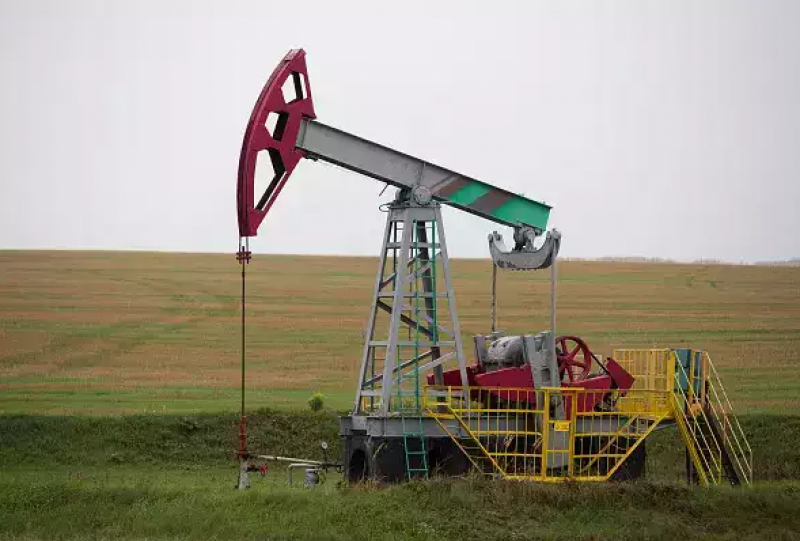Oil rose on Friday, gaining about 4% on the week as a global energy crunch boosted U.S. prices to their highest in almost seven years as big power users struggle to meet demand.

Even with worldwide demand growing as economic activity rebounds from pandemic lows, the Organization of the Petroleum Exporting Countries and allied producers (OPEC+) this week said they would remain on the path of gradually bringing back production.
Meanwhile the U.S. government said it was monitoring energy markets, but it did not announce immediate action to lower prices, such as a release from strategic petroleum reserves, which further supported the oil market.
Brent crude futures rose 44 cents, or 0.5%, to settle at $82.39 a barrel. Earlier in the week, the global benchmark hit a three-year high of $83.47.
West Texas Intermediate (WTI) crude rose $1.05, or 1.3%, to end at $79.35. That was the highest close for the U.S. benchmark since Oct. 31, 2014.
U.S. gasoline futures also closed at their highest since October 2014 on Friday.
"The fundamental backdrop is one of tight supplies that is going to continue to push these prices steadily higher," said John Kilduff, a partner at Again Capital in New York.
As energy markets have tightened in the face of improved fuel demand, many fear that a cold winter could further strain natural gas supplies. China ordered miners in Inner Mongolia to ramp up coal production to alleviate its energy crunch.
"As other energy prices like natural gas and coal keep pushing higher, upside risks to the oil market have started to build," said Bank of America's Christopher Kuplent.
The price run-up has been spurred by soaring European gas prices, which have encouraged a switch to oil for power generation.
Benchmark European gas prices at the Dutch TTF hub on Friday stood at a crude oil equivalent of about $200 a barrel, based on the relative value of the same quantity of energy from each source, according to Reuters calculations based on Eikon data.